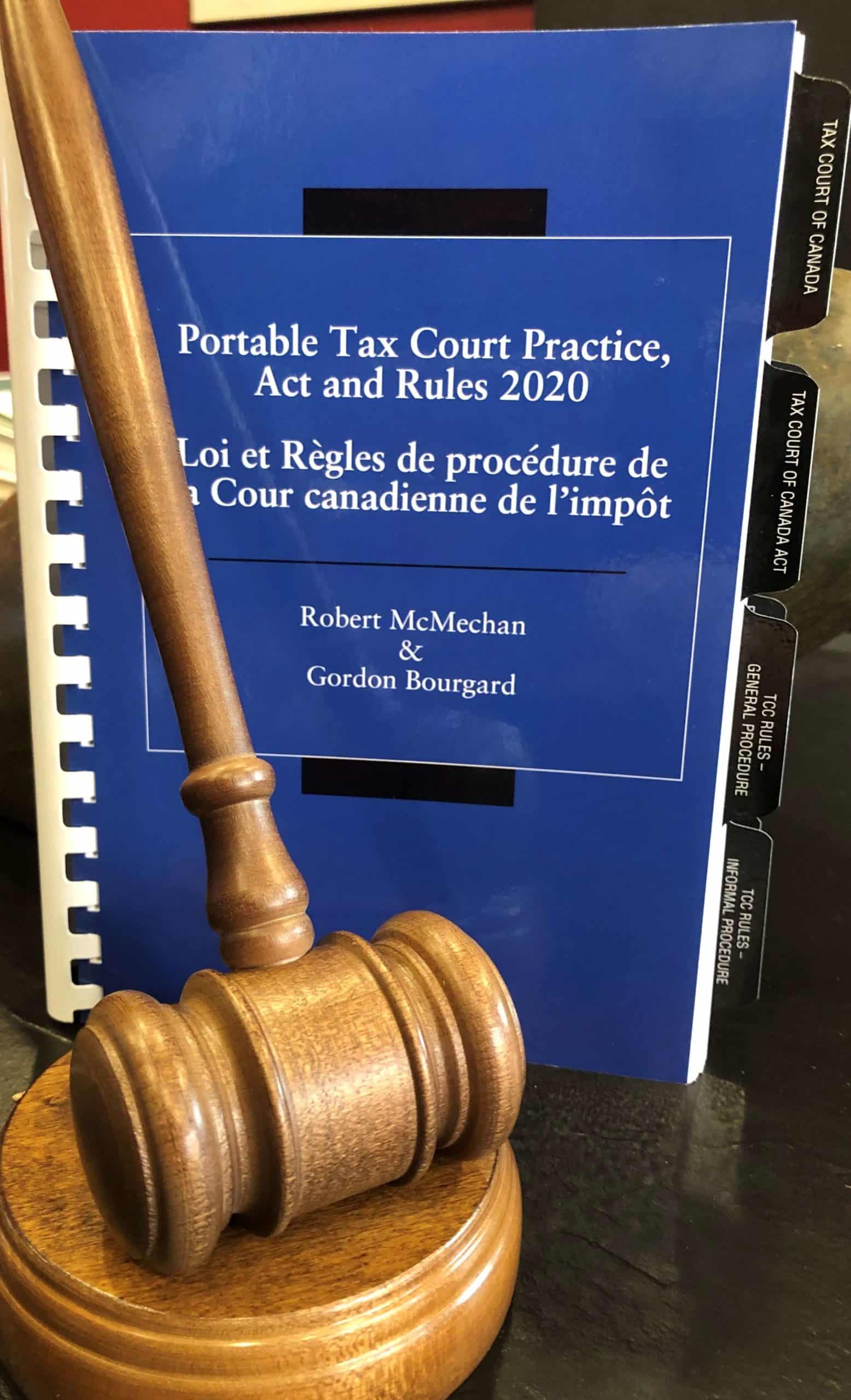What is the T1135? The T1135 is a reporting form where Canadian resident taxpayers report to the Canada Revenue Agency any specified foreign property they own if the specified foreign property has a cumulative adjusted cost base of $100,000 CAD or more. The T1135 does not create an obligation...
Tax Court Settlement Process A taxpayer who proceeds to Tax Court to resolve an ongoing tax dispute will want to consider settling the dispute prior to hearing. A settlement occurs where the taxpayer and Canada Revenue Agency agree to a particular outcome for the ongoing dispute without the involvement...
Filing Tax Returns -Starting Point in the Administration of Income Tax Law in Canada Generally speaking, the starting point regarding the administration of income tax law in Canada is subsection 150(1), which states that a taxpayer must prepare and file an income tax return for each tax year without...
As a result of China’s recent crackdown on bitcoin mining, in July 2021, Black Rock Petroleum Company, a Nevada corporation, announced that it entered into an agreement with Optimum Mining Host Limited Liability Co. to relocate up to one million Bitcoin miners from China to Alberta, Canada. They agreed...
Introduction – Cryptocurrency Transactions and Taxation Cryptocurrency is a popular means of conducting transactions online. Widespread cryptocurrency tokens such as Bitcoin, Ethereum, Litecoin, Dash, and Stellar have become acceptable payment currencies for some e-commerce merchants across the world. For Canadian businesses that are looking to accept cryptocurrencies for payments...
RRSP Background – RRSP Anti-Avoidance Rules: Prohibited and Non-Qualified Investments Registered retirement savings plans (RRSPs) are a tax efficient method of investment for individuals created by the government to encourage Canadians to save for retirement. The basic structure of an RRSP is that a financial institution (the issuer) holds...
TFSA Background – TFSA Anti-Avoidance Rules: Prohibited and Non-Qualified Investments Tax Free Savings Account (TFSA) plans are a tax efficient method of investment for individuals created by the government to encourage Canadians to save for retirement or other shorter-term goals. The basic structure of a TFSA is that a...
What are Net Worth Tax Audits? A net worth audit is an indirect tax audit technique used by the Canada Revenue Agency or CRA where it has cause to believe the taxpayer’s usual records are not an accurate reflection of the taxpayer’s income. To conduct a net worth audit,...
Introduction: The Starting Point of the Taxation of Employment Income Every person resident in Canada must pay income tax on the taxable income for each taxation year. Section 3 of the Canadian Tax Act sets out five main sources of income: office, employment, business, property, and capital gains/losses. In...
Overview – Emigrating from Canada with Stock Options Most forms of remuneration for employment are taxed as income in the year they are received by that employee. For example, income from a salary is included in the year that the salary is paid. Employee stock options are an important...










